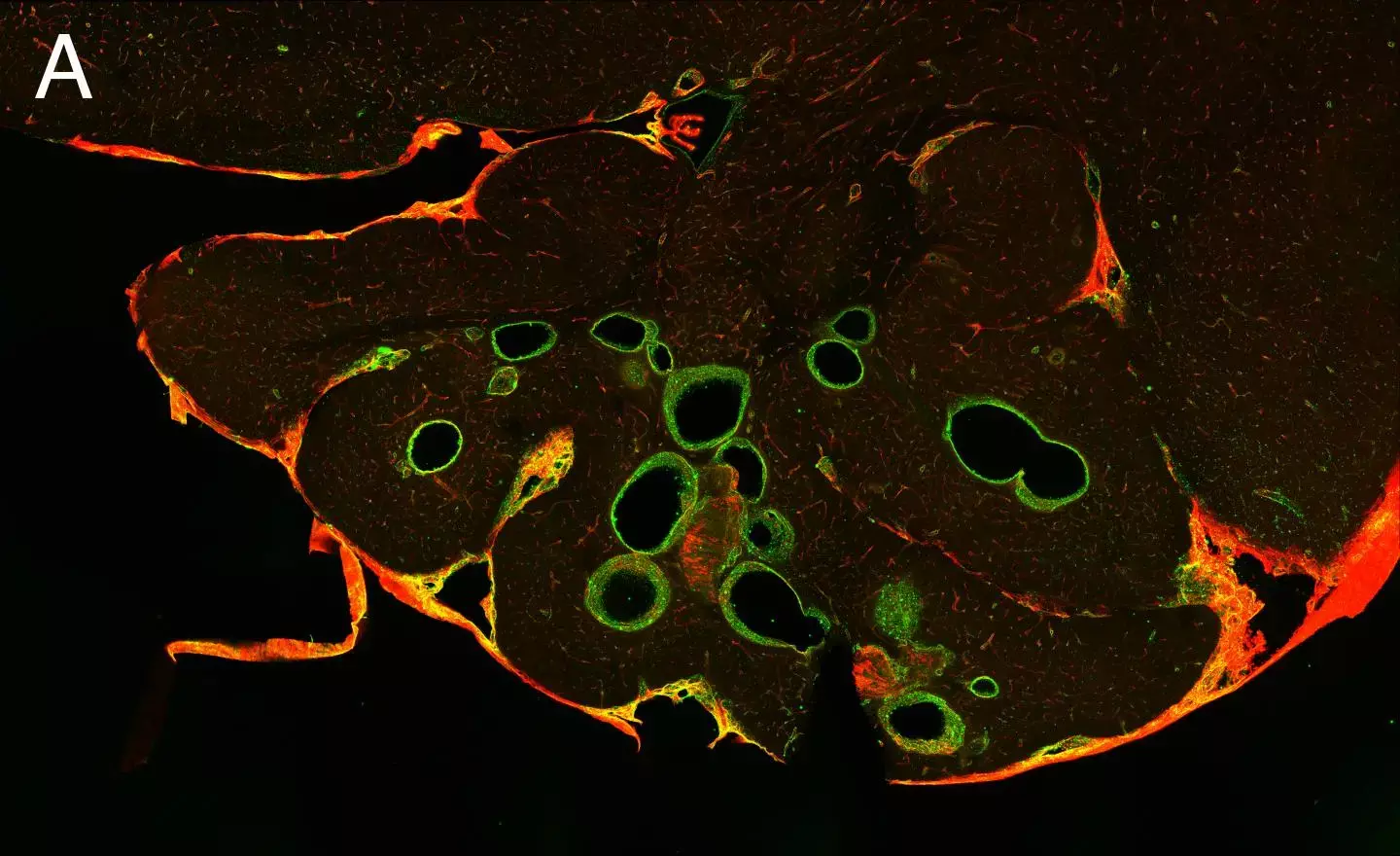- Home
- Medical news & Guidelines
- Anesthesiology
- Cardiology and CTVS
- Critical Care
- Dentistry
- Dermatology
- Diabetes and Endocrinology
- ENT
- Gastroenterology
- Medicine
- Nephrology
- Neurology
- Obstretics-Gynaecology
- Oncology
- Ophthalmology
- Orthopaedics
- Pediatrics-Neonatology
- Psychiatry
- Pulmonology
- Radiology
- Surgery
- Urology
- Laboratory Medicine
- Diet
- Nursing
- Paramedical
- Physiotherapy
- Health news
- Fact Check
- Bone Health Fact Check
- Brain Health Fact Check
- Cancer Related Fact Check
- Child Care Fact Check
- Dental and oral health fact check
- Diabetes and metabolic health fact check
- Diet and Nutrition Fact Check
- Eye and ENT Care Fact Check
- Fitness fact check
- Gut health fact check
- Heart health fact check
- Kidney health fact check
- Medical education fact check
- Men's health fact check
- Respiratory fact check
- Skin and hair care fact check
- Vaccine and Immunization fact check
- Women's health fact check
- AYUSH
- State News
- Andaman and Nicobar Islands
- Andhra Pradesh
- Arunachal Pradesh
- Assam
- Bihar
- Chandigarh
- Chattisgarh
- Dadra and Nagar Haveli
- Daman and Diu
- Delhi
- Goa
- Gujarat
- Haryana
- Himachal Pradesh
- Jammu & Kashmir
- Jharkhand
- Karnataka
- Kerala
- Ladakh
- Lakshadweep
- Madhya Pradesh
- Maharashtra
- Manipur
- Meghalaya
- Mizoram
- Nagaland
- Odisha
- Puducherry
- Punjab
- Rajasthan
- Sikkim
- Tamil Nadu
- Telangana
- Tripura
- Uttar Pradesh
- Uttrakhand
- West Bengal
- Medical Education
- Industry
Beta blockers can repair malformed blood vessels in the brain

CAPTION
Propranolol treatment contributes to reduced number and size of cerebral cavernous malformations. Panel A shows a brain section of vehicle treated mouse. The lesions are outlined in green.
CREDIT
Joppe Oldenburg
Propranolol, a drug that is efficacious against infantile haemangiomas ("strawberry naevi", resembling birthmarks), can also be used to treat cerebral cavernous malformations, a condition characterised by misshapen blood vessels in the brain and elsewhere. This has been shown by researchers at Uppsala University in a new study published in the scientific journal Stroke.
"Up to now, there's been no drug treatment for these patients, so our results may become hugely important for them," says Peetra Magnusson of the University's Department of Immunology, Genetics and Pathology, who headed the study.
Cerebral cavernous malformations (CCMs, also called cavernous angiomas or cavernomas) are vascular lesions on blood vessels in the brain and elsewhere, caused by genetic changes that may be hereditary or arise spontaneously. Today, an operation to remove these lesions is the only possible treatment. However, surgical interventions in the brain are highly risky. Since the vascular malformations, moreover, recur in the hereditary form of the condition, a drug treatment for CCMs is urgently required instead.
The uses of propranolol, a beta blocker, include treating cardiovascular diseases and conditions, such as high blood pressure. But it can also be used to treat a haemangioma ("strawberry naevus"), a common blood-vessel malformation in children. There are some indications that the preparation might work against CCMs as well.
The new study is a collaboration involving researchers at Uppsala University, the Swedish University of Agricultural Sciences and, in Italy, IFOM - The FIRC Institute of Molecular Oncology and the Mario Negri Institute of Pharmacological Research. The researchers have been investigating how propranolol affects the emergence of vascular lesions in the form of CCMs.
"We examined mice with vascular malformations in the brain - cavernomas or CCMs, as they're called - that corresponded to the hereditary form of the condition in humans. The mice were given propranolol in their drinking water, and we were able to see that the cavernomas were becoming fewer and smaller. The blood vessels functioned better, too, with less leaking and improved contacts between their cells," Magnusson says.
The propranolol dose administered to the animals was equivalent to the dose used to treat diseases in humans. Using an electron microscope, the researchers were able to study in detail how the drug affected the cavernomas.
The results show that propranolol can be used to shrink and stabilise vascular lesions, and may be a potential medicine for treating CCMs.
"What makes the study especially interesting is that right now, in Italy, a clinical study is under way in which CCM patients are to get two years' treatment with propranolol. During this period, they're being monitored by means of magnetic resonance imaging of the blood vessels, to see how the malformations are developing," says Professor Elisabetta Dejana of Uppsala University's Department of Immunology, Genetics and Pathology and IFOM in Italy.
https://www.ahajournals.org/doi/10.1161/STROKEAHA.120.029676
Hina Zahid Joined Medical Dialogue in 2017 with a passion to work as a Reporter. She coordinates with various national and international journals and association and covers all the stories related to Medical guidelines, Medical Journals, rare medical surgeries as well as all the updates in the medical field. Email: editorial@medicaldialogues.in. Contact no. 011-43720751
Dr Kamal Kant Kohli-MBBS, DTCD- a chest specialist with more than 30 years of practice and a flair for writing clinical articles, Dr Kamal Kant Kohli joined Medical Dialogues as a Chief Editor of Medical News. Besides writing articles, as an editor, he proofreads and verifies all the medical content published on Medical Dialogues including those coming from journals, studies,medical conferences,guidelines etc. Email: drkohli@medicaldialogues.in. Contact no. 011-43720751


